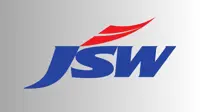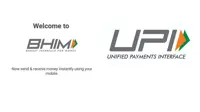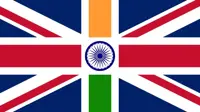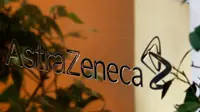Bharat Biotech scores big with WHO-approved typhoid vaccine
04 Jan 2018
Bharat Biotech Ltd (BBL), a Hyderabad-based vaccine manufacturer, on Wednesday, said the World Health Organisation (WHO) has pre-qualified its typhoid conjugate vaccine, Typbar TVC, which opens the path for sale of the vaccine to UN agencies such as Unicef and Gavi.
 The new vaccine was found to be more effective as it gives longer immunity from typhoid than older vaccines and it required fewer doses for childhood immunisation.
The new vaccine was found to be more effective as it gives longer immunity from typhoid than older vaccines and it required fewer doses for childhood immunisation.
Typbar TCV is a fourth-generation vaccine against typhoid disease, which has proven to provide long term protection to adults and infants, 6 months and older. Currently available typhoid vaccines fail to provide long term protection and protection for children below 2 years of age.
Since 2005, Typbar TCV has been evaluated in several clinical trials, in several thousand healthy adults and children, across 21 sites in India and the United Kingdom. Active post marketing surveillance is ongoing and has been completed in more than 7,000 subjects, since vaccine launch in 2013, Bharat Biotech stated in a release.
Typhoid is caused by the bacterium Salmonella typhi, and is responsible for around 12 million new infections and 130,000 deaths each year, mainly in South and South-East Asia and Africa. Although typhoid as a disease is amenable to antibiotics treatment, increasing frequencies of multi-drug resistance is posing a serious threat and limiting the effectiveness of such treatments, it was pointed out.
Typbar TCV is reportedly the world's first typhoid vaccine clinically proven for use on recipients who can be as young as six months. A single dose offers 87 per cent protective efficacy against typhoid.
As per reports, Bharat Biotech spent about Rs150 crore from its own pocket for the vaccine and received $40 million in grants from various universities.
It has been found in the clinical trials that the use of the vaccine could help in curbing the frequent use of antibiotics for treatment of presumed typhoid fever. Though the vaccine is approved for use in India, it is not yet a part of India's Universal Immunisation Programme.
Its retail price in India is Rs1,500.
Typhoid fever is caused by food and water contaminated by Salmonella Typhi (S Typhi) bacteria. The symptoms of the disease include fever, headache, nausea, loss of appetite, constipation and sometimes diarrhoea. According to the World Health Organisation, typhoid affects about 21 million people per year and kills around 222,000.
The disease once killed many Americans - Typhoid Mary was a famous carrier - but is now found mostly in Africa and Asia.
The need for an effective, affordable vaccine has risen urgently as urban slums grow, hotter weather spreads the disease to new regions and the bacteria develop resistance to more antibiotics.
The vaccine now costs $1.50 a dose when purchased for developing countries, with the price dropping to $1 or below if donors order more than 100 million doses, said Bharat's chairman, Krishna M Ella. The vaccine has been tested and used in India since 2005.
It gained approval for worldwide use after an unusual ''challenge trial'' that began in 2015. About 100 healthy volunteers in Oxford, England - many of them students - received the vaccine or a placebo, and then swallowed live Salmonella typhi.
The results, published in the Lancet last year, showed the vaccine to be 87 per cent effective in preventing typhoid fever. Those who did fall ill were promptly cured with antibiotics.
Bharat, which makes vaccines against nine other diseases, including one approved by the WHO for polio, is developing immunisations against Ebola, chikungunya, Zika and non-typhoid strains of Salmonella.
Its research is supported by the Bill and Melinda Gates Foundation, the Clinton Health Access Initiative, the Wellcome Trust and other donors.
























